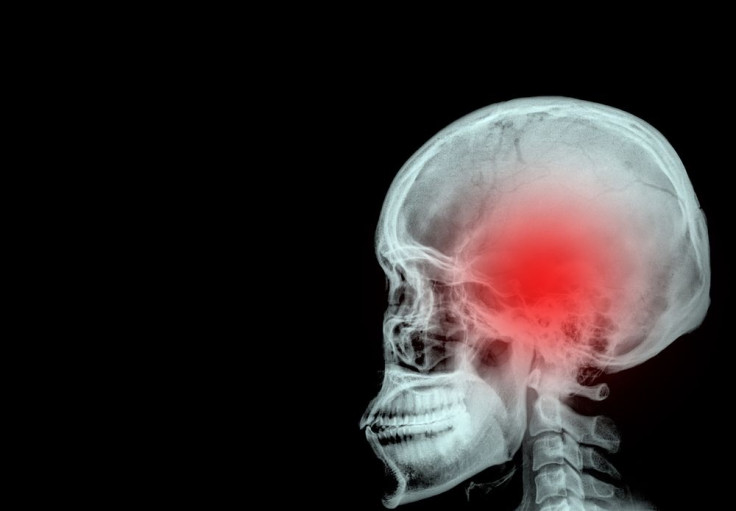Dementia From HIV Infection: Viral Disease Can Spread To Brain As Early As 4 Months After Transmission

One-third of HIV-positive people who do not take antiretroviral drugs will eventually develop dementia. To better understand how HIV affects the brain, a research team from University of North Carolina investigated the early days of interaction between the virus and the central nervous system. The researchers discovered how HIV, specifically the HIV-1 strain of the virus, begins replicating in the brain as early as four months after infection.
The new study highlights reasons why people need to get tested routinely and, if positive, begin immediate treatment.
“This is yet another reason we want people on antiretroviral therapy right away to limit the possibility of replication and inflammation in the brain,” Dr. Ronald Swanstrom, virologist and director of UNC’s Center for AIDS Research, stated in a press release.
Infected with HIV, a patient’s brain tissue and cerebrospinal fluid show detectable levels of the virus. Researchers believe HIV replication in the central nervous system represents a separate reservoir, distinct from that found in the blood.
"Curing HIV requires eliminating HIV from all parts of the body, but little is known about where HIV hides outside of the blood," Dr. Sarah B. Joseph, a postdoctoral research associate at UNC, told Medical Daily. "If viral reservoirs exist in the central nervous system, targeting those reservoirs would require using drugs that cross the blood-brain barrier and may require drugs that act on central nervous system-specific cell types." An important question that needs to be answered is: When exactly does the virus begin to replicate in the central nervous system?
Now and Then
For the current study, the researchers followed 72 participants during the first two years of an HIV infection. None of these patients had undergone treatment for the virus. During the study period, the researchers analyzed cerebral spinal fluid (CSF) and blood samples. At four months, 20 percent of the patients showed replication in the central nervous system. Additionally, 30 percent of the HIV-positive participants showed evidence of an inflammatory response in CSF at one time point at least, while 16 percent showed an inflammatory response at multiple time points. This is a probable sign of ongoing infection.
"Studies suggest that antiretrovial therapy improves neurocognitive function," Joseph told Medical Daily, "and antiretroviral therapy regimens may differ in their effects on neurocognitive impairment due to differences in their ability to cross the blood-brain barrier [and] suppress viral replication in the central nervous system."
During the earliest days of the epidemic, between 40 percent and 60 percent of all HIV-positive people in the United States experienced some type of HIV-associated dementia. However, since antiretroviral therapy was introduced, the incidence has dropped significantly. Generally, HIV-related cognitive problems are now linked to advanced cases of the disease only. And, since HIV meds may prevent or delay the onset of AIDS, they improve mental function along the way and continue to do so even when the disease does progress.
Source: Sturdevant CB, Joseph SB, Schnell G, et al.Compartmentalized Replication of R5 T Cell-Tropic HIV-1 in the Central Nervous System Early in the Course of Infection. PLoS Pathogens. 2015.
Published by Medicaldaily.com



























